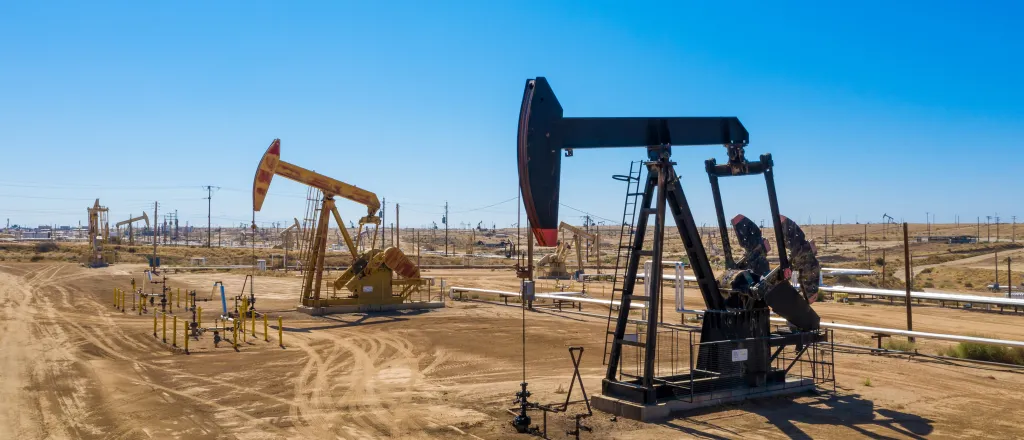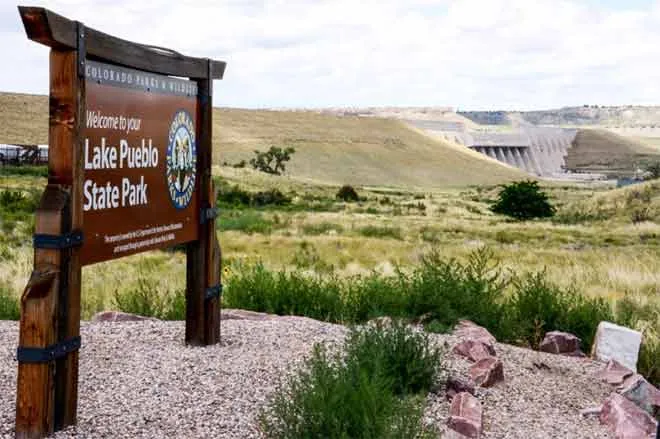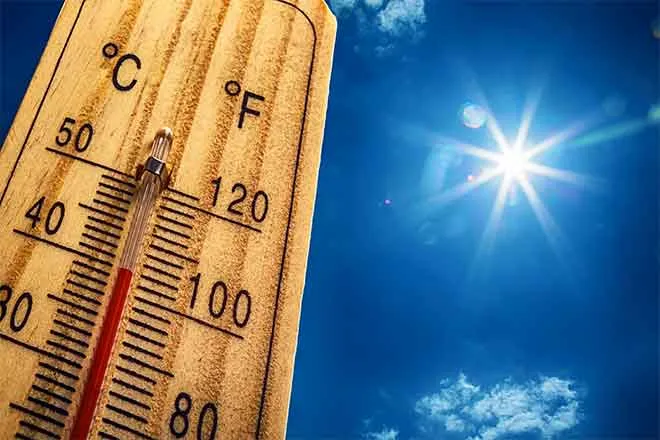
Colorado oil and gas regulatory commission says it’s already implementing changes after critical state audit
By Derek Draplin | The Center Square
Colorado’s oil and gas regulatory body says it’s already changing its practices following a critical audit that found the state wasn’t properly collecting or enforcing production reports from oil and gas companies, among other issues.
The legislature’s Joint Legislative Audit Committee found that the Colorado Oil and Gas Conservation Commission (COGCC), which is part of the Department of Natural Resources, has failed to collect and enforce oil and gas production reports that are used by the Department of Revenue to collect severance taxes on natural resources that are extracted in the state.
“Because the Commission does not ensure that oil and gas operators comply with all production reporting requirements, the State does not have complete production and sales data for all oil and gas operators in Colorado, which impacts the accuracy of the Department of Revenue’s audits of severance taxes,” the audit said.
The audit found that 66 percent of the active oil and gas operators in the state failed between 2016 and 2018 to turn in over 50,000 monthly well reports to COGCC. The audit said that’s an average of 181 missing reports per active oil and gas operator.
The commission can impose fines up to $200 a day for failure to turn in the reports, which the commission has failed to enforce, the audit found. The audit estimated that the state lost out on $308 million because it did not enforce the fines for late reports.
The audit also cited one example where the state lost out on an estimated $2.6 million in severance taxes during the months that an operator did not properly report its production.
COGCC said Tuesday that it’s “already begun implementing the audit’s recommendations.”
“The COGCC is committed to being transparent, operating efficiently, and to being good stewards of taxpayers' dollars,” a spokesperson told The Center Square.
Among those changes, the spokesperson said the operators will now be automatically notified if production reports aren’t filed or are incomplete.
The COGCC spokesperson also pushed back against the audit’s assumptions about enforcing penalties, noting that the maximum fines of $200 “were hypothetically assessed” in the audit.
“The COGCC does not leverage fines and penalties as a revenue source, rather fines and penalties are part of ensuring compliance with its rules,” the spokesperson added. “When operators receive notifications of missing or incomplete reports from COGCC, they tend to comply before a penalty is negotiated and collected.”
House Democrats used the audit to say in a statement that oil and gas operators were skirting paying their fair share.
“This audit shows how oil and gas operators have failed to pay millions in tax revenue to the state, local governments, and their communities, all the while running expensive television ads to tout their contributions to the state,” House Speaker KC Becker, D-Boulder, said. “We have one of the lowest severance tax rates in the nation and yet operators aren’t even paying what they owe. This highlights yet another aspect of the oil and gas industry that has gone unchecked for years, and we need a reliable reporting and compliance system so this industry can no longer skirt the system with impunity.”
Dan Haley, president and CEO of the Colorado Oil and Gas Association, which represents the industry’s interests, hit back saying the industry pays $1 billion annually in local and state taxes with $600 million of that going toward funding education in the state.
“Assuming state elected leaders are looking for substantive conversations on this issue, and not just scoring political points, as some of their comments today indicate, we’re open to having conversations as one of the state’s largest taxpayers,” he said.
“The audit highlights several flawed processes within multiple state agencies that prevent the auditor from collecting accurate information among these agencies,” Haley added.

















